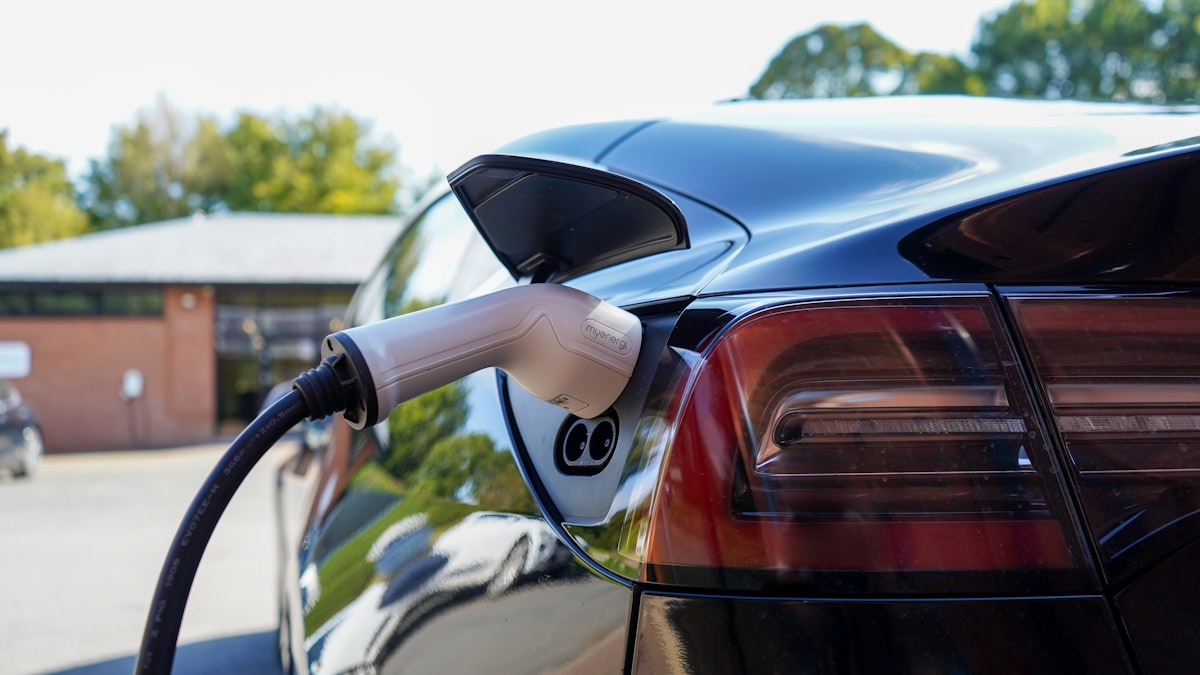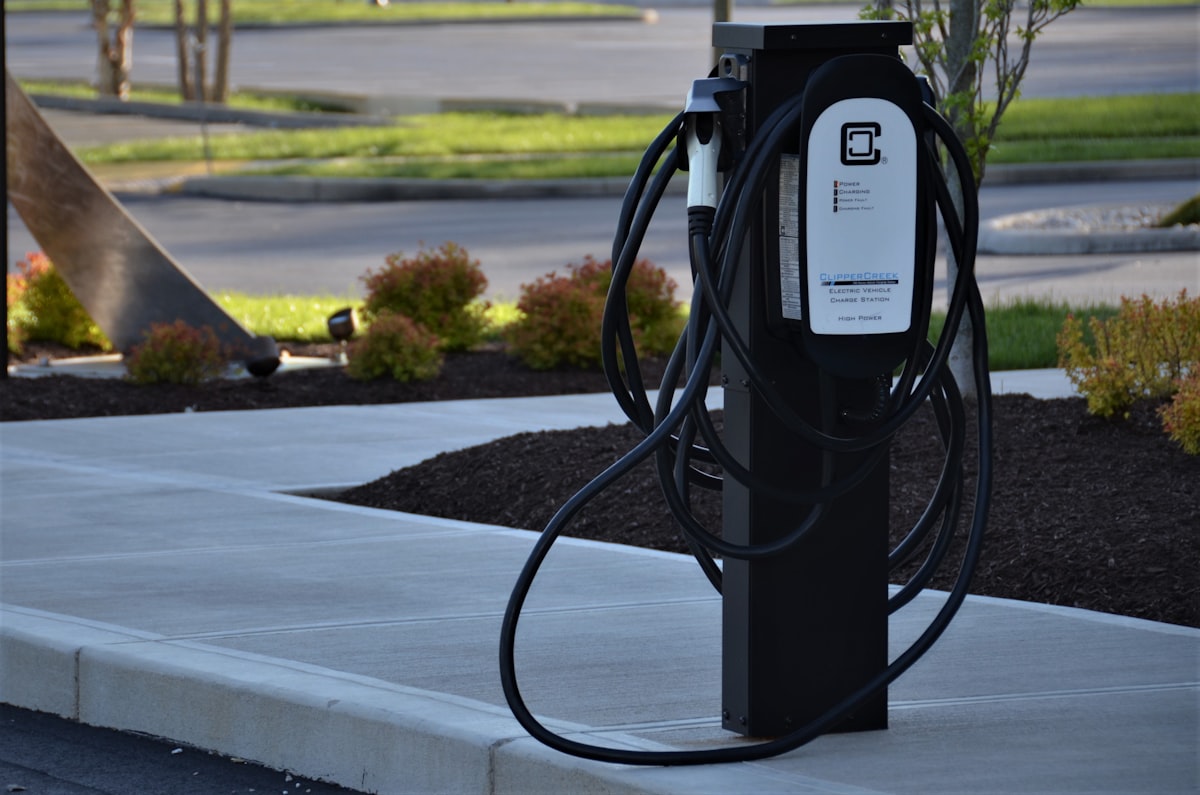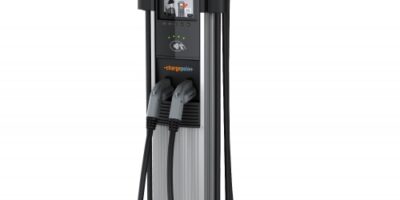Pacific Northwest Electric Vehicle Services: What to Know
EV services in the Pacific Northwest have gotten complicated with all the charging options, maintenance considerations, and incentive programs flying around. As someone who’s owned and maintained EVs throughout Washington and Oregon, I learned everything there is to know about the support ecosystem here. Today, I will share it all with you.
The Northwest is one of the best regions for EV ownership. Here’s why and what services to expect.
Charging Infrastructure
Probably should have led with this section, honestly—charging access determines whether EV ownership works for you. The Northwest excels here:

- Public charging: ChargePoint, EVgo, and Electrify America have extensive networks. Urban areas have stations at shopping centers, parking garages, and along highways.
- Home charging: Where 90% of charging actually happens. Level 1 works for light driving; Level 2 handles any reasonable commute.
- Workplace charging: Growing rapidly as employers recognize the benefit. Free charging at work extends your effective range significantly.
Maintenance and Service
EVs need less maintenance than gas cars, but they’re not maintenance-free:
- Battery health: Annual checkups verify your battery is degrading normally (1-2% per year is typical). Most Northwest EV dealers include this.
- Software updates: Regular updates improve range, features, and security. Many happen automatically over WiFi.
- Brake systems: Regenerative braking means brake pads last longer—sometimes 100,000+ miles. Still need periodic inspection.
- Tires: EVs are heavy and torquey. Expect slightly faster tire wear. Rotation every 5,000-7,500 miles helps.
Incentives and Rebates
That’s what makes Northwest EV ownership endearing to us cost-conscious drivers—the incentives are substantial:
- Federal tax credit: Up to $7,500 for qualifying new EVs.
- Washington: Sales tax exemption on EVs (saving thousands on purchase).
- Oregon: Up to $2,500 rebate through the Clean Vehicle Rebate Program, plus additional $2,500 for lower-income buyers.
- Utility rebates: PSE, PGE, Seattle City Light, and others offer $300-600 for home charger installation.

Environmental Impact
The Northwest grid is exceptionally clean—largely hydropower and wind. Charging your EV here produces far fewer emissions than almost anywhere else in the country. If you add home solar, you approach zero-emission driving.
Cost of Ownership
EVs cost more upfront but less overall:
- Fuel: Electricity costs roughly one-third what gasoline costs per mile.
- Maintenance: No oil changes, fewer brake jobs, simpler systems. Annual maintenance runs $200-400 versus $500-1,000 for gas cars.
- Longevity: Modern EV batteries last 200,000+ miles. The drivetrains are simpler and more durable.
The Driving Experience
Beyond economics, EVs are genuinely better to drive:
- Instant torque makes acceleration smooth and responsive
- Near-silent operation reduces fatigue and noise pollution
- Low center of gravity improves handling
- Advanced driver assistance features are standard on most models
The Northwest provides ideal conditions for EV ownership—clean power, strong incentives, good infrastructure, and progressive support from utilities and employers. If you’re considering an EV, this region makes it easy.
Recommended EV Accessories
NOCO GENIUS10 Smart Charger – $79.95
Advanced battery maintainer and charger.
EV Charging Station Guide
Navigate the EV charging landscape.
As an Amazon Associate, we earn from qualifying purchases.


